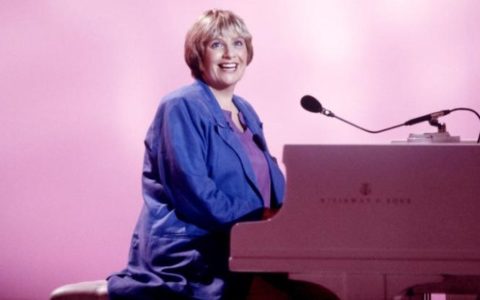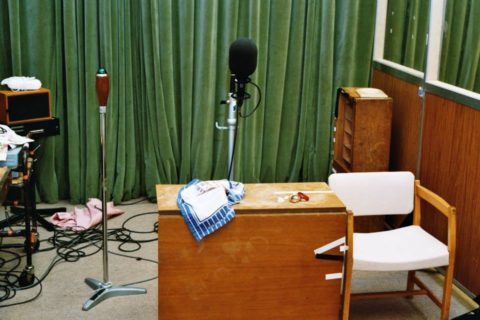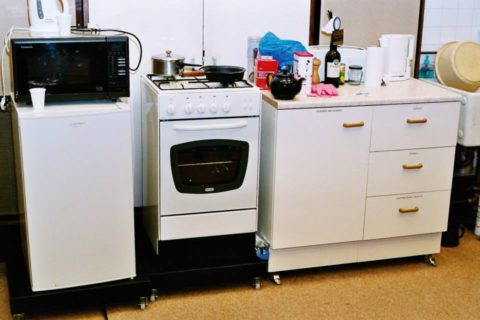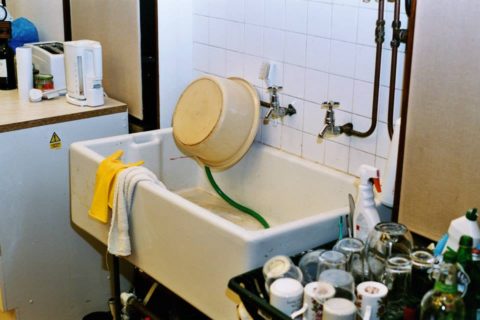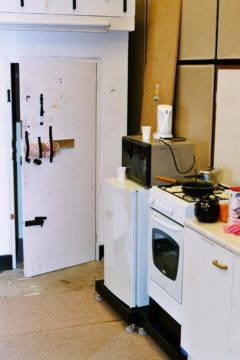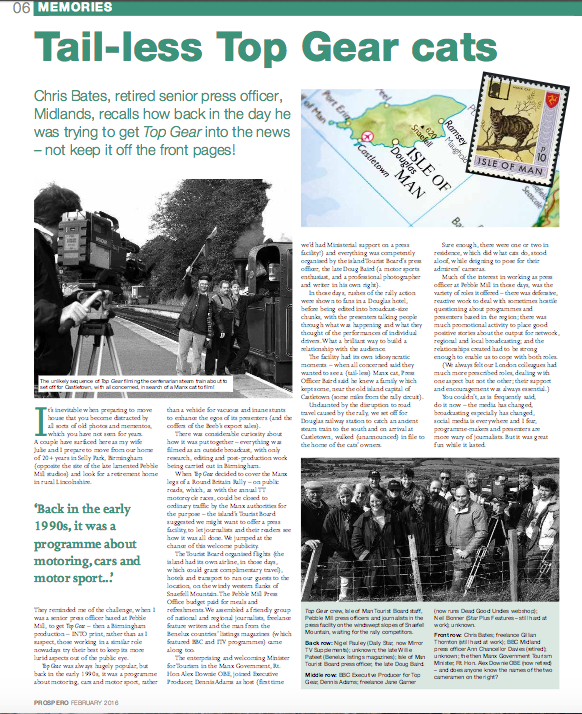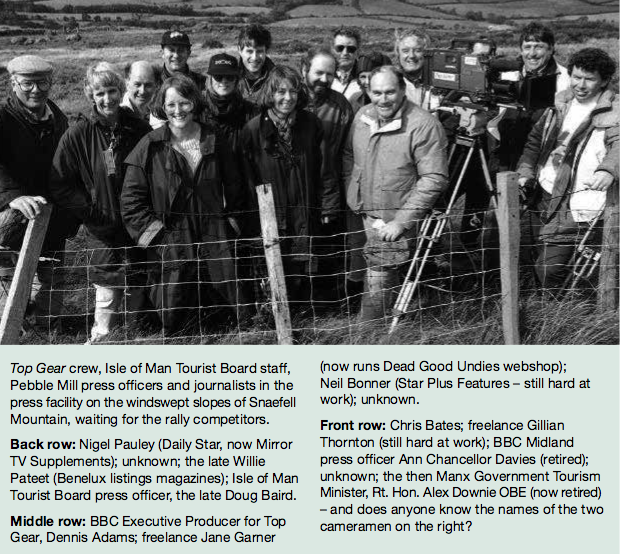My BBC career. By Colin Pierpoint
London
To begin at the beginning.
My career began on 14th August 1961 when I, a timid 18 year old, left my parents’ Cheshire home, for London.
The first week was an Induction Course,which was quite comprehensive I remember. It took place in the Langham Hotel, a BBC building opposite BH. But with many on-site visits. On my second day, I arrived 20 minutes late worried that I would be in serious trouble. “Sorry I’m late” I said as I found my seat in the classroom. “Oh London traffic is terrible” was the only answer from our instructor!
So on my first days of real work I was sent to the Control Room in the sub-basement of BH London. This was the emergency wartime Control Room, installed in a hurry because the original Control Room was on the top floor of the building, rather liable to air attack. It distributed Radio, but also Television Sound; vision went through the Switching Centre in a different part of BH (only the BBC could do it that way!). The main positions in the Control Room were Simultaneous Broadcast (SB), Incomings, and Outgoings; but I and other Grade D new staff were on”The Bays” where we monitored and sometimes controlled a contribution passing through to recording channels or other destinations such as Home Traffic and Foreign Traffic. In two very small double rooms were the Continuity Suites for Home and Third programmes. Light Prog Continuity was upstairs on the basement floor.
![London Control Room; Christmas 1961. Note the “Drop Flap” telephone exchanges.The metal flaps would actually drop from the energy created by someone turning the handle of a telephone to ring, often from hundreds of miles away. [for the technical readers 50 Hz at 80 volts]](http://www.pebblemill.org/wp-content/uploads/2016/04/London-Control-Room-480x360.jpg)
London Control Room; Christmas 1961. Note the “Drop Flap” telephone exchanges.The metal flaps would actually drop from the energy created by someone turning the handle of a telephone to ring, often from hundreds of miles away. [for the technical readers 50 Hz at 80 volts]
On the “Bays” we were ringing all across Europe to establish contact with reporters. Our communication device was a field telephone with a handle to turn to ring. It may seem antiquated but these were great, because you could feel how long the line was, by how hard you had to turn. After getting contact, there was a speech test on the Music line, and two way circuits were established. (A Music line was high quality circuit which carried the broadcast material, whether speech or music). I was on C shift with S.K.Newling as TOM (Technical Operations Manager), Johnny Bradbury as ATOM, and Paddy Cairns, the “Grade C Engineer”. H C Miller was the Recording Supervisor in Cavendish Mansions, opposite the East side of BH, later on the 5th floor in the new recording channels. We had to look each day if we had been allocated to Control Room or Recordings. I did a lot of recording in Egton House and Cavendish Mansions and remember walking many times through the underground tunnel which connected the two buildings. Later I worked in the new recording channels on the 5th floor, often in H57. I once marked up a Radio Times with the programmes I had edited, and every day there were several Radio transmissions I had edited in some way.
H57 had the variable speed facility, called appropriately the “Savage” Bay (manufactured by the Savage Company!). It consisted of two transmitter valves which amplifier the output of a 40 to 60Hz oscillator to mains voltage, to feed the quarter horse power capstan motor of a BTR2. This was to vary the speed of the quarter inch tape! Only the BBC could do it this way. The equipment was very unpredictable, and on one occasion caught fire. The operator informed the Control Room who rang the BBC fire office, so lots of firemen were rushing around the first floor, looking for a fire which was on the 5th floor. The operator then rushed into the Recording Supervisor’s office shouting H57’s on fire. The unflappable Mr Miller said “You had better take your lunch break then”!
I have to admit to a disaster affecting a programme while I was working on recordings in London. I was to record “Music of the Masters”, a live programme broadcast on The Home Service which was repeated the following day or week, hence my recording. On the control console a monitoring key-switch allowed you to listen to either “Line In” or “Rep (Off tape)”. I began the recording on time, but when I switched to Off Tape I heard a mixture of the Home Service, the Light Programme and several other things. I rang the Control Room to query this and they told me (quite correctly) to contact the Recording Operations Office which I did. Unfortunately, when I played the recording back after the programme ended it was still a mixture of all services. So I was the cause of an announcement the following week to say that “We are unable to bring you the advertised programme for technical reasons.” I was told later that I would not be blamed. It was a complicated fault [for the technical readers, a one leg to earth due to a faulty (normally unused) key-switch on the machine I was recording on.] This experience did make me realise that when you record a live programme, it is best to have both tape machines set up and ready to record. I did that for the rest of my career, although it would not have saved me in this case because the one-legged fault on the input would have also affected the second machine also.
There was a new control room in the BH extension on the first floor (obviously another war was not expected) and they were in the process of changing over. In fact that is why my joining date was brought forward. Eventually the Old Control Room Staff had only to plug sources across to the new Control Room for transmission, and I was one of the few staff left in the old one. There should have been a supervisor present also. I remember coming on duty (alone) and finding all bookings on the sheet had finished, so I unplugged them all. “I had better check” I thought, so I read the booking sheet a second time.”What’s this Maida Vale 1 to Third Programme?” I plugged it up again, and listened to the Third Prog. The announcer said “We come now to part two of this evening’s concert…” By luck I had got away with my error in the interval while Third were on tape from continuity for the interval talk!
